The reality is that on a college campus, a lack of self-confidence can be very dangerous.
Worldwide, more than one in three women endures physical violence—in the form of murder, rape, or sexual harassment—with one in 10 under the age of 18 forced into non-consensual sex. One in five American women is estimated to have been sexually assaulted at some point by the conclusion of her college career. Eleven instances of forcible sexual assault were reported at Boston College in 2013.
There’s a glaring discrepancy here.
In April of 2012, the Office of Institutional Research, Planning, and Assessment (IRPA) released an exceedingly disconcerting statistic: female students graduate from the University with lower confidence levels than they had upon entering college, while their male classmates—who on average have comparably lower GPAs—grow in self-assurance and understanding. After conducting and subsequently analyzing two surveys on academic achievement and drive to succeed—taken at freshman orientation and through the senior exit survey—the IRPA was surprised to find that, despite their attention and performance in the classroom, the self-confidence levels of BC women dwindle over the course of their four years in Chestnut Hill.
But, if not the result of academic rigor or competition—and if not congruent with collegiate successes—what accounts for this drastic decline?
A Heights article published in February of 2013 referenced inferences from senior female faculty members (who subsequently began a series of monthly meetings to dissect and determine a solution for the data) and problems recurrently cited by female students. According to those surveyed, perhaps the increasing diffidence stems not most directly from the academic environment, but rather from the BC experience outside of the classroom—in the intimidating, dangerous waters that are “the pressure to look or dress a certain way, the hookup culture, and the housing lottery.”
While it would be erroneous and misguided to assert that sexual assault is a direct result of the pervasive hookup culture here and at colleges across the country, that the pressure to conform to this widely accepted “norm” can lead to non-consensual sexual activity is irrefutable, particularly when alcohol or drugs are involved. As professor Kerry Cronin, associate director of the Lonergan Institute and philosophy department fellow, frequently points out, the hookup culture can be detrimental to individuals, negatively affecting self-esteem levels and skewing perceptions of natural student interactions.
More prudent, I think, is the compulsion to comply with or perpetuate this image of perfection. Perfectionism, the stereotypical Type-A’s figurative bread and butter, predominates on campus, seemingly always as in vogue at BC as Vineyard Vines or Bean Boots. And, in part, it was the reason that we received our acceptance letters: we are a community of individuals who excelled in high school due to outstanding work ethic and personal drive, and we desire continued success in college. This, combined with the fact that women are, on the whole, more prone to adhere to accepted standards than actively differentiate themselves from the group—with an emphasis on relationships and sameness ingrained into girls at a young age—can be incredibly detrimental to a female’s individual sense of self. Going against the current is taboo, and therefore many women at BC assimilate, compelled to dress, speak, and act a certain way so as to fit the mold prescribed to them.
Is it shocking, then, that while theoretically one in five college women is sexually assaulted at some point during her four years according to a study administered by the Department of Justice, only 11 instances of sexual assault were reported in 2013 at the University?
I am not asserting that sexual assault only happens on a male-to-female basis. For the sake of the argument, however, I will refer to and analyze the experience of women in particular.
If women gradually lose self-confidence throughout their time at BC, and if this, in part, is a result of the pressure to conform, then the fact that in a student body of 9,000—with females accounting for 54 percent, or 4,860, of that figure—only 30 (the sum of sexual assaults reported from the years 2010, 2011, 2012, and 2013) of the estimated 972 who are sexually assaulted at some point over four years filed reports is an unsurprising, yet incredibly problematic disparity. In addition to the intimidating, potential social and psychological ramifications of reporting an assault, speaking up would mean acknowledging two terrifying truths: one, that you, an empowered BC woman, were in some capacity stripped of your power and autonomy as a victim; and two, that reporting the assault somehow taints the image of perfection you strive to uphold—that perhaps things are not going as perfectly as you would like people to believe.
The reality is that on a college campus, a lack of self-confidence can be very dangerous, and underreporting on sexual assault often stems from fear of the assailant and an unwillingness to challenge the status quo.
In the past year the state of affairs has already improved somewhat: 2013 included six more cases than 2012, wherein a mere five accounts of forcible sexual assault were reported in accordance with the Clery Act—perhaps the result of increased awareness surrounding sexual assault resources and greater national attention to the issue. Therefore, because the University—and U.S. educational authorities in general—is already cognizant of the fact that sexual assaults are occurring on a large scale, the rise in reports filed is likely a good thing. Despite the incredibly frightening prospect of speaking up, more victims are coming forward, acknowledging sexual assault as an unacceptable act of violation and recognizing the need for it to end.
But there’s no denying the long road ahead.
Moving forward, it is imperative that adequate education on sexual assault and bystander intervention training be implemented. The University is already making steps in these areas. With Concerned About Rape Education (C.A.R.E.) Week spanning today through March 27, events each day will focus on educating individuals about and supporting survivors of sexual assault. Further, next week’s Own It Summit, co-sponsored by the Undergraduate Government of Boston College (UGBC) and BC Women in Business, aims to celebrate, teach, and empower women—all necessary to improve upon the aforementioned, deficient confidence levels.
The underlying message of the Summit is particularly significant when related to the campaign against sexual assault. If our ultimate goal is to eradicate sexual assault from college campuses—and the world over—then we must stop the silence and embrace this idea of owning one’s faculties, one’s body, and oneself. Let’s try for none in five.
Featured Image by Breck Wills / Heights Graphic


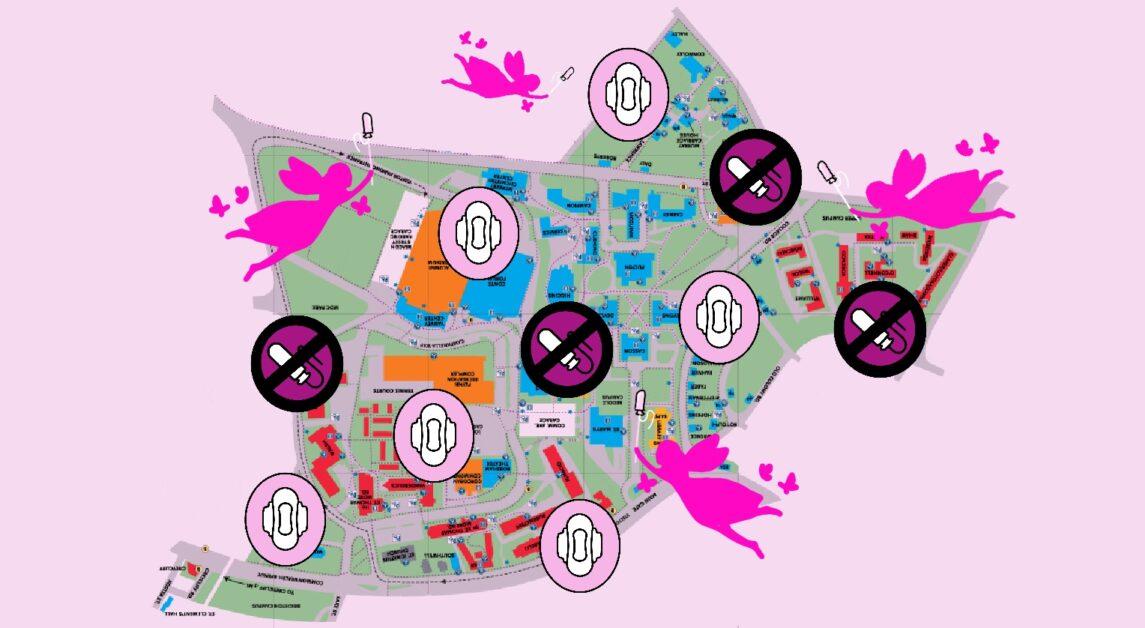
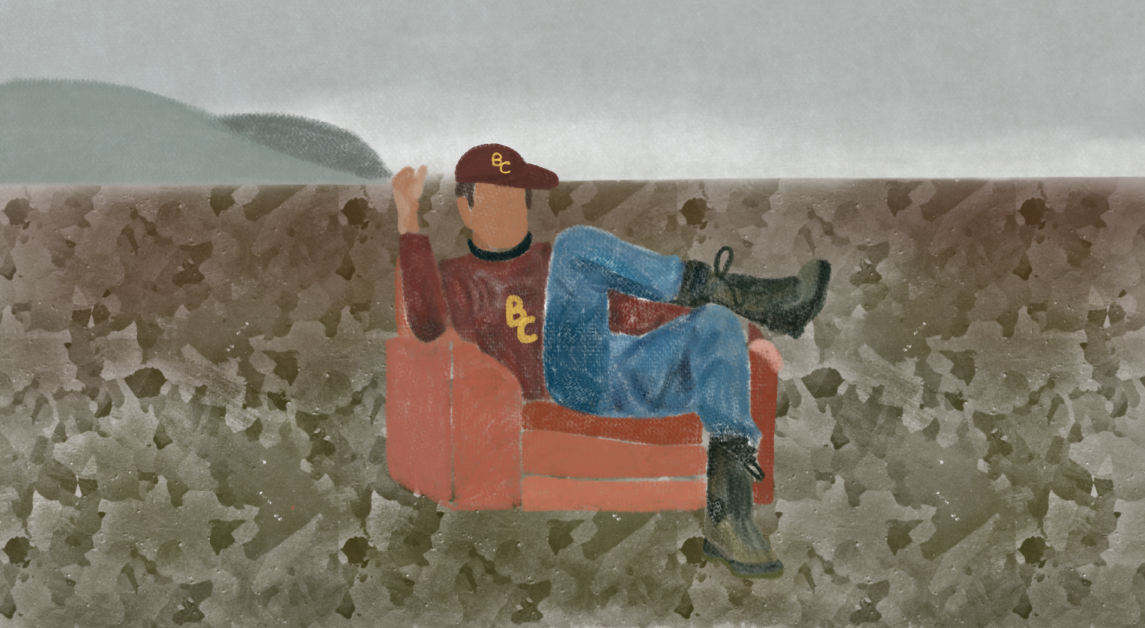
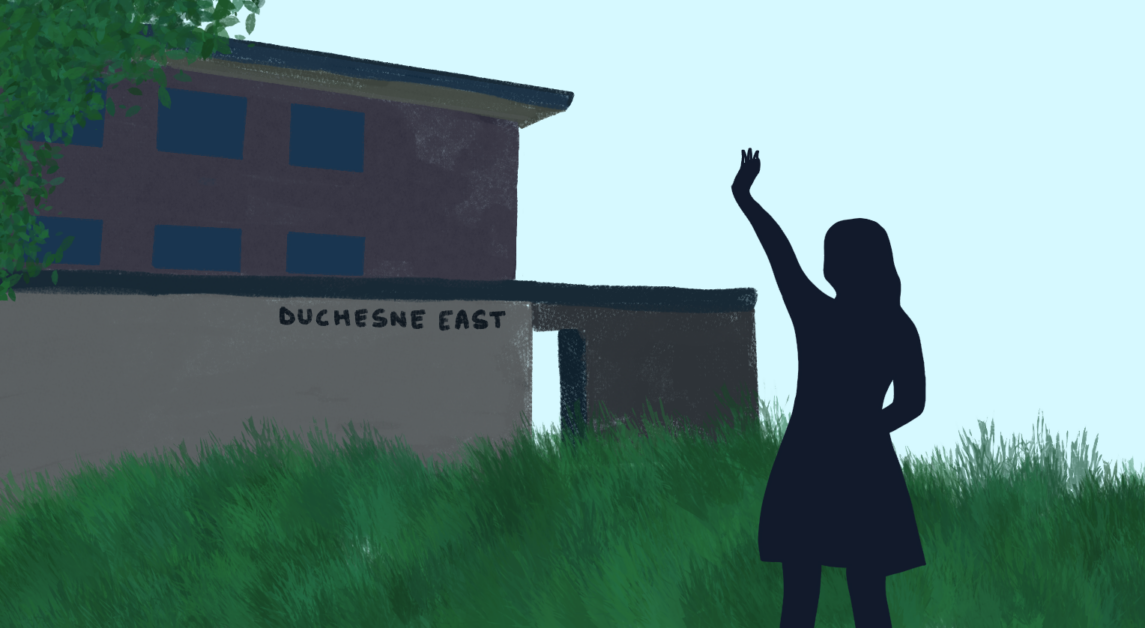

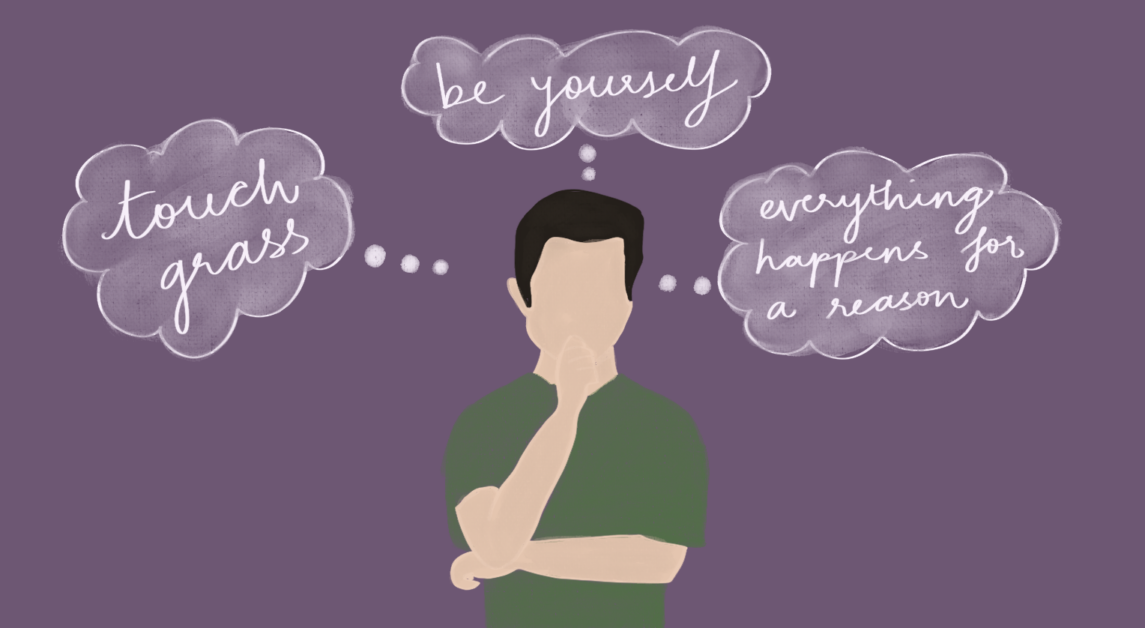

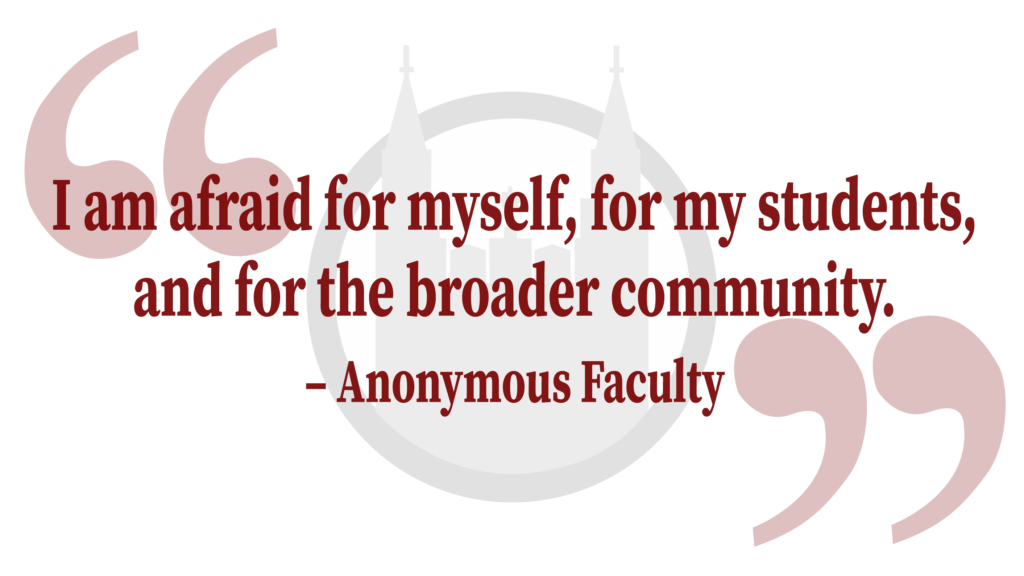



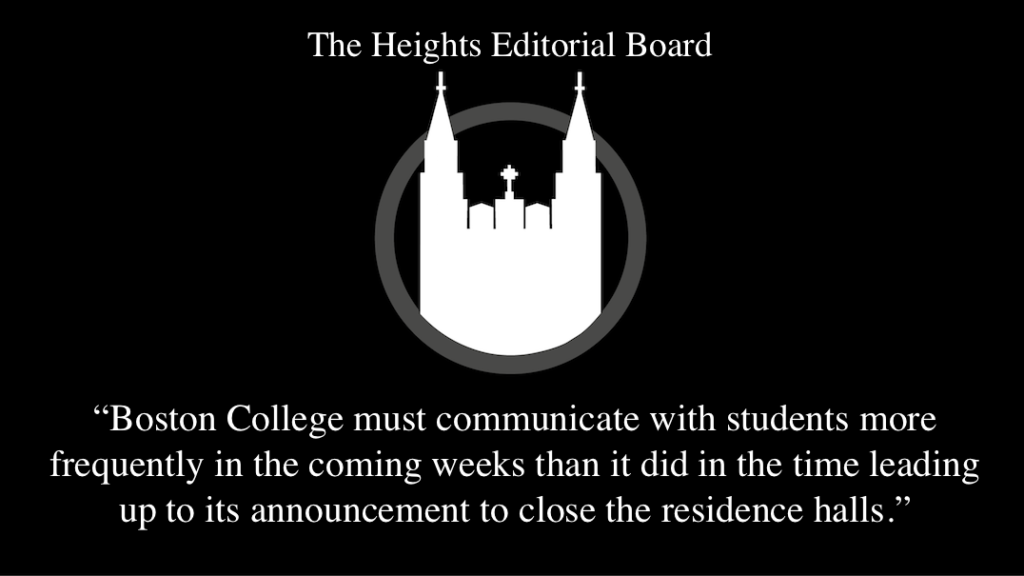
Bob • Mar 25, 2015 at 2:51 pm
That 1-in-5 college rape number has been thoroughly debunked. According to report released in December 2014 by the Justice Department’s Bureau of Justice Statistics, the rate of rape and sexual assault for college students is 6.1 per 1,000 or 0.61%. (For non-students the rate is 7.6 per 1,000.) Further, the report shows that incidences of rape and sexual assault on campus have plummeted since 1997 and continue to decline. Here’s a link to the full report:
.
http://www.bjs.gov/content/pub/pdf/rsavcaf9513.pdf
.
“This kind of [rape] hysteria may be ugly, but for campus activists and bureaucrats it’s a source of power: If there’s a ‘campus rape crisis,’ that means that we need new rules, bigger budgets, and expanded power and self-importance for all involved, with the added advantage of letting you call your political opponents (or anyone who threatens funding) ‘pro rape.’ If we focus on the truth, however — rapidly declining rape rates already, without any particular ‘crisis’ programs in place — then voters, taxpayers, and university trustees will probably decide to invest resources elsewhere. So for politicians and activists, a phony crisis beats no crisis.”
.
http://www.usatoday.com/story/opinion/2014/12/14/campus-rape-uva-crisis-rolling-stone-politics-column/20397277/
.
Another good source of information: Slate, “The College Rape Overcorrection”
.
http://www.slate.com/articles/double_x/doublex/2014/12/college_rape_campus_sexual_assault_is_a_serious_problem_but_the_efforts.html